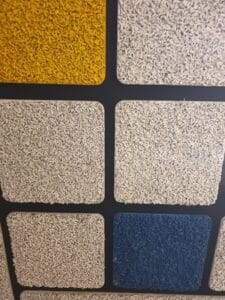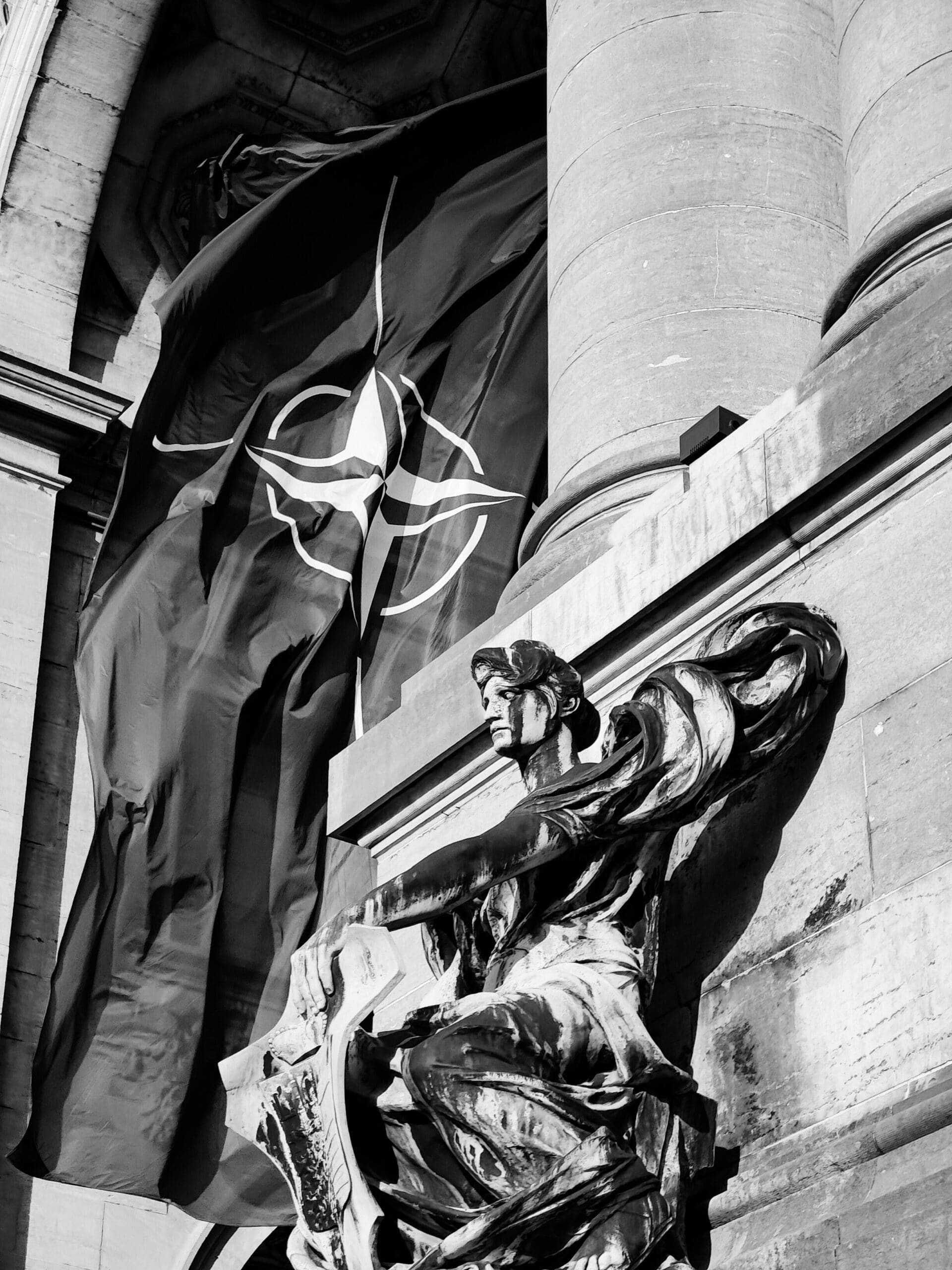We met Environmental Engineer Ziad Abichaker in his studio in Badaro, Beirut and he explained his works, plans, and values.
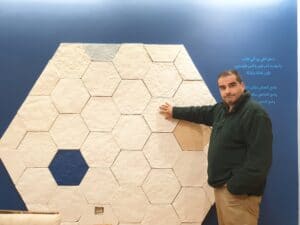
There is a local way to solve the increasingly urgent problem of waste. This is at the heart of the proposal that Environmental Engineer Ziad Abichaker is drawing up for the 26 administrations of Lebanon: self-management of the waste cycle starting with local communities so that what is produced and used is rethought and reused.
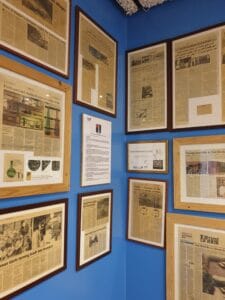
Complete collective awareness of the problem. It is precisely in local communities that the waste problem is most pressing, sometimes explosive, but it is also where re-use and recycling practices are being experimented with the broad involvement of people and less impactful production processes, and where, moreover, politics must also be able to respond quickly.
Waste crisis in Lebanon and bottom-up solutions
Lebanon has already experienced a serious waste crisis in past years, culminating in protests in 2015, yet the landfills are well beyond completion and there are regular fires. Even today, the country has no systems for treating wastewater, which is discharged directly into the sea. The problem is, as elsewhere, extremely serious.
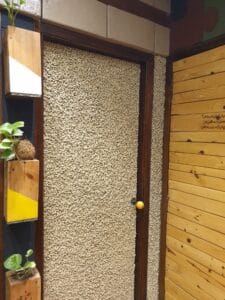
Before detailing the plan, Dr. Abichaker develops a wise thought: even waste can be a resource, to be rethought and exploited. Following this philosophy, in his Badaro headquarters in Beirut, many objects are recycled: walls, doors, ceilings are made of recycled materials, such as paper, and are perfectly soundproof and insulating.

“First,” he explains, “we need to be clear about the capacity of existing plants if any, and what the daily needs of the community are. Once this is clear, we’ll go on to define how many treatment and reuse plants are needed for the individual community so that it can become completely self-sufficient”.
Among the various objects that populate his studio are glass bottles and glasses made from the debris of the explosion in the port of Beirut. The explosion produced a huge number of debris which, thanks to good examples like this one, did not end up in already full landfills but became an increasingly popular design object.
Over the years, it has developed several projects: Beirut Planting Roofs (2017) for growing vegetables on rooftops, Green Glass Recycling Initiative Lebanon (GGRIL, 2018) which reconnects with the Phoenician tradition of glass blowing, and in December 2021 it began replacing stolen manholes in Beirut municipality with recycled plastic grates.
